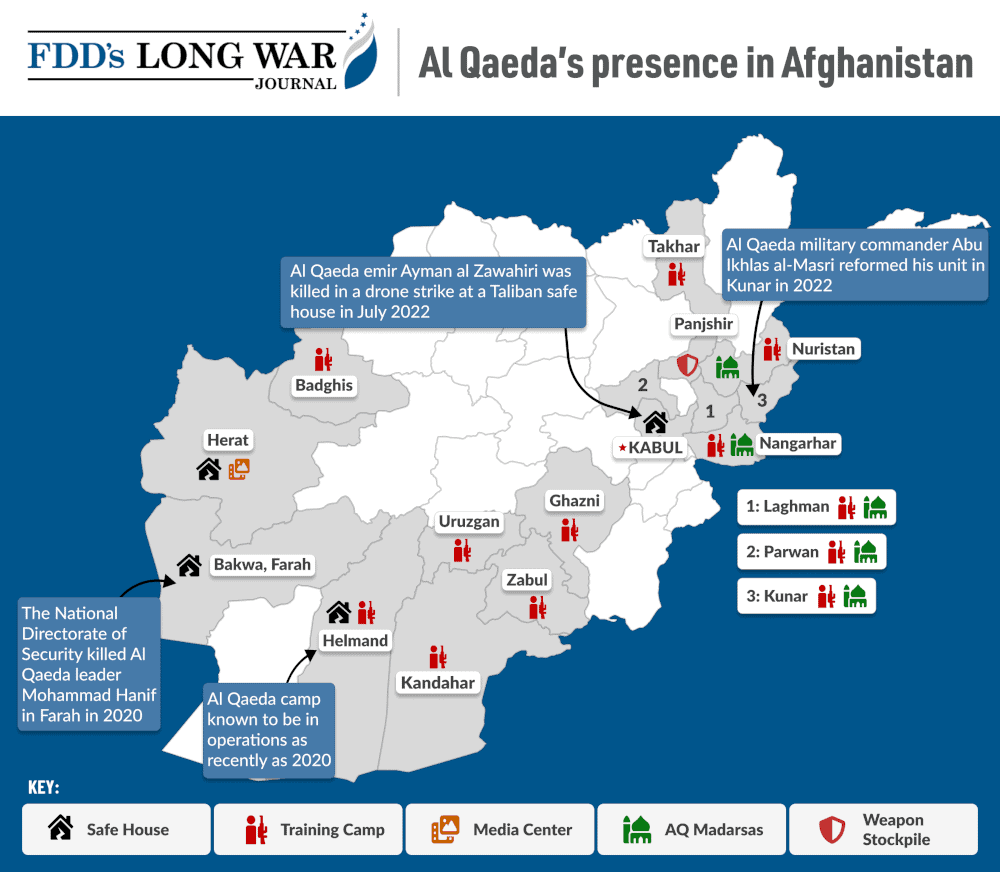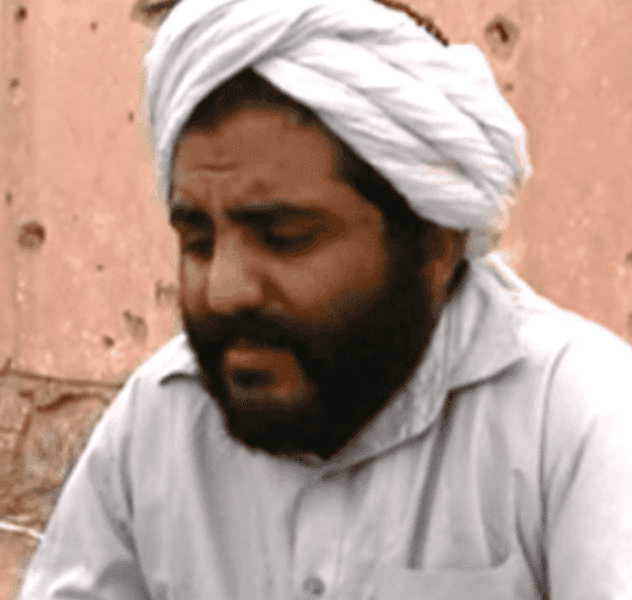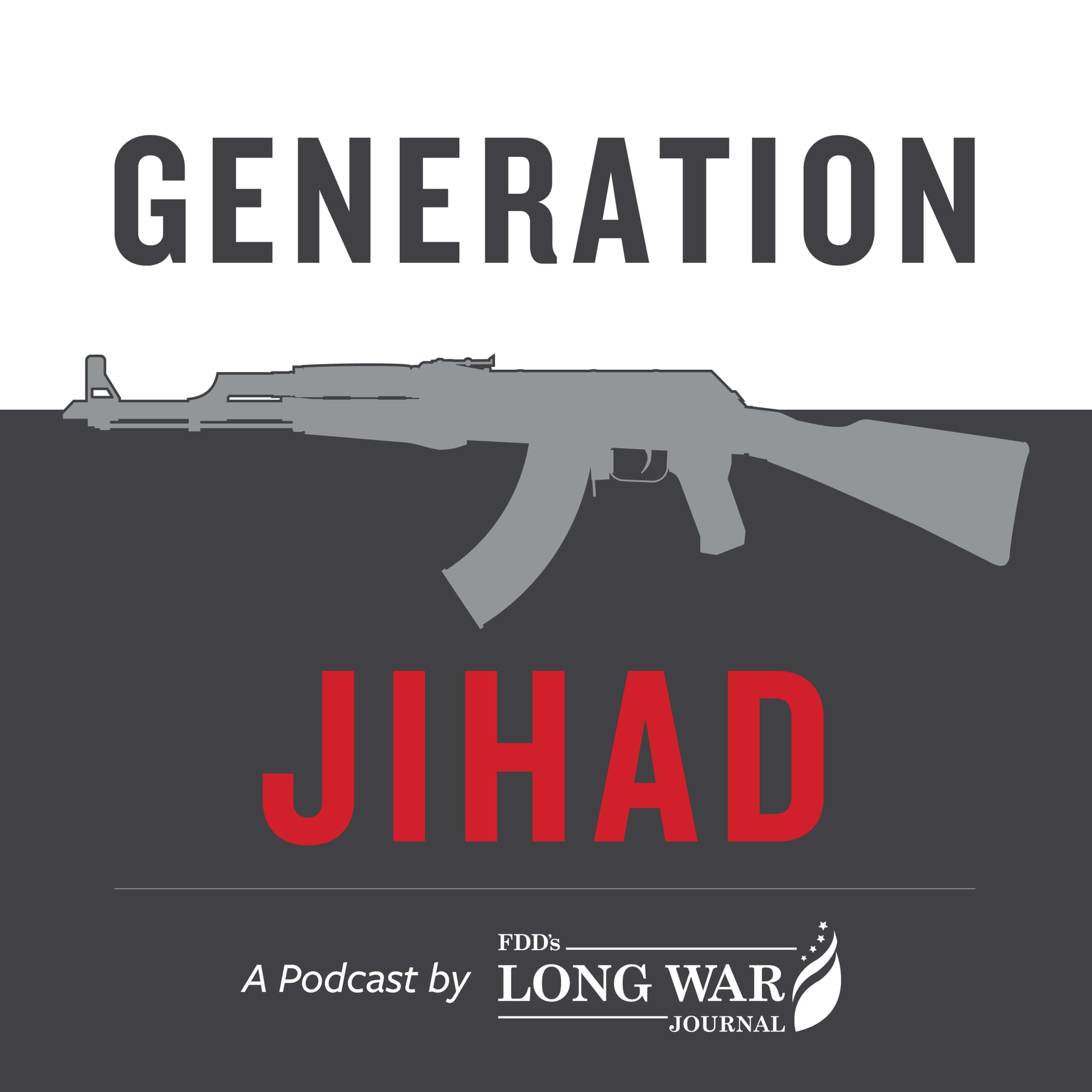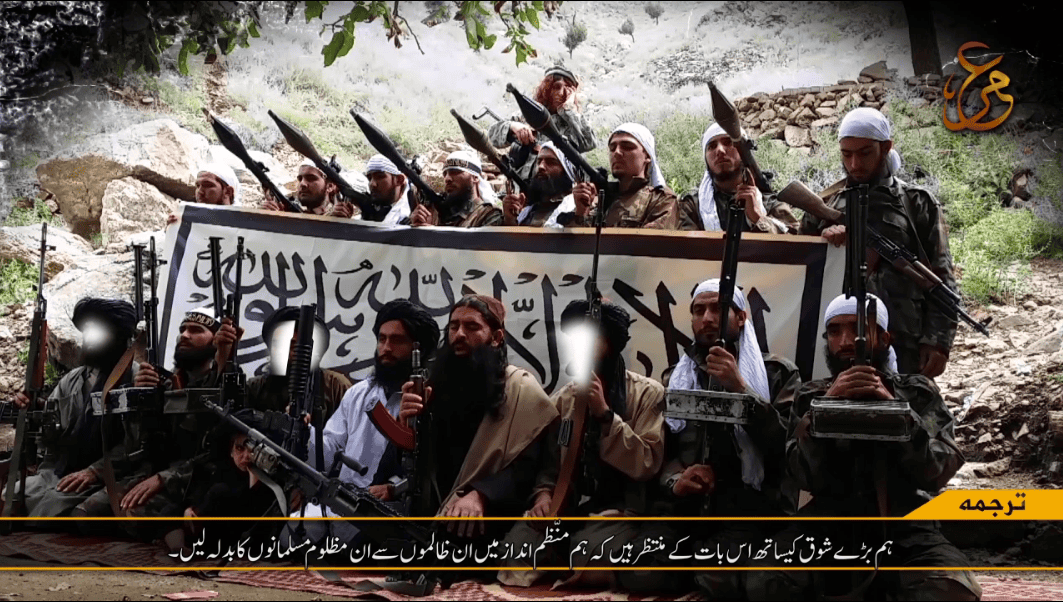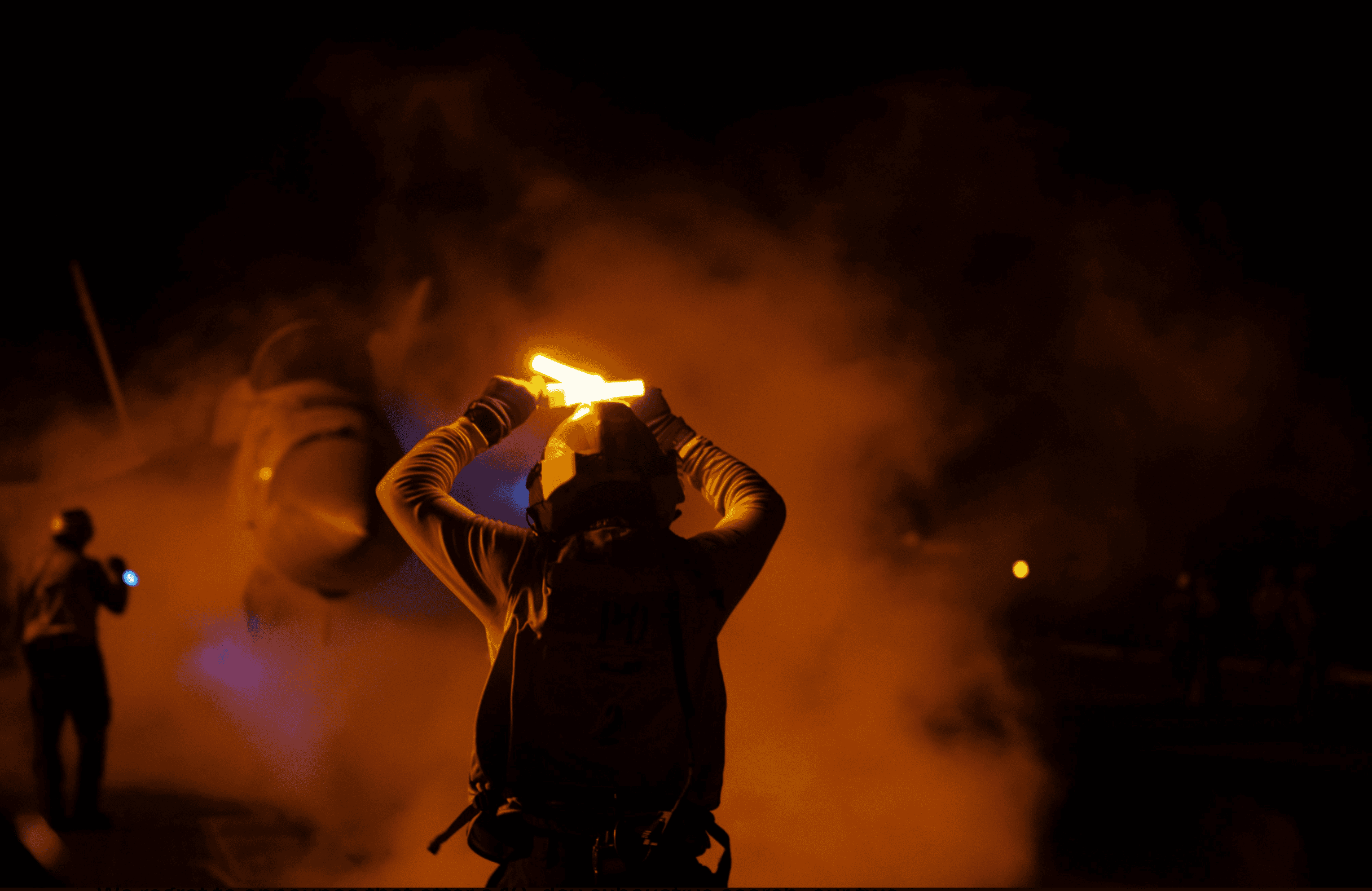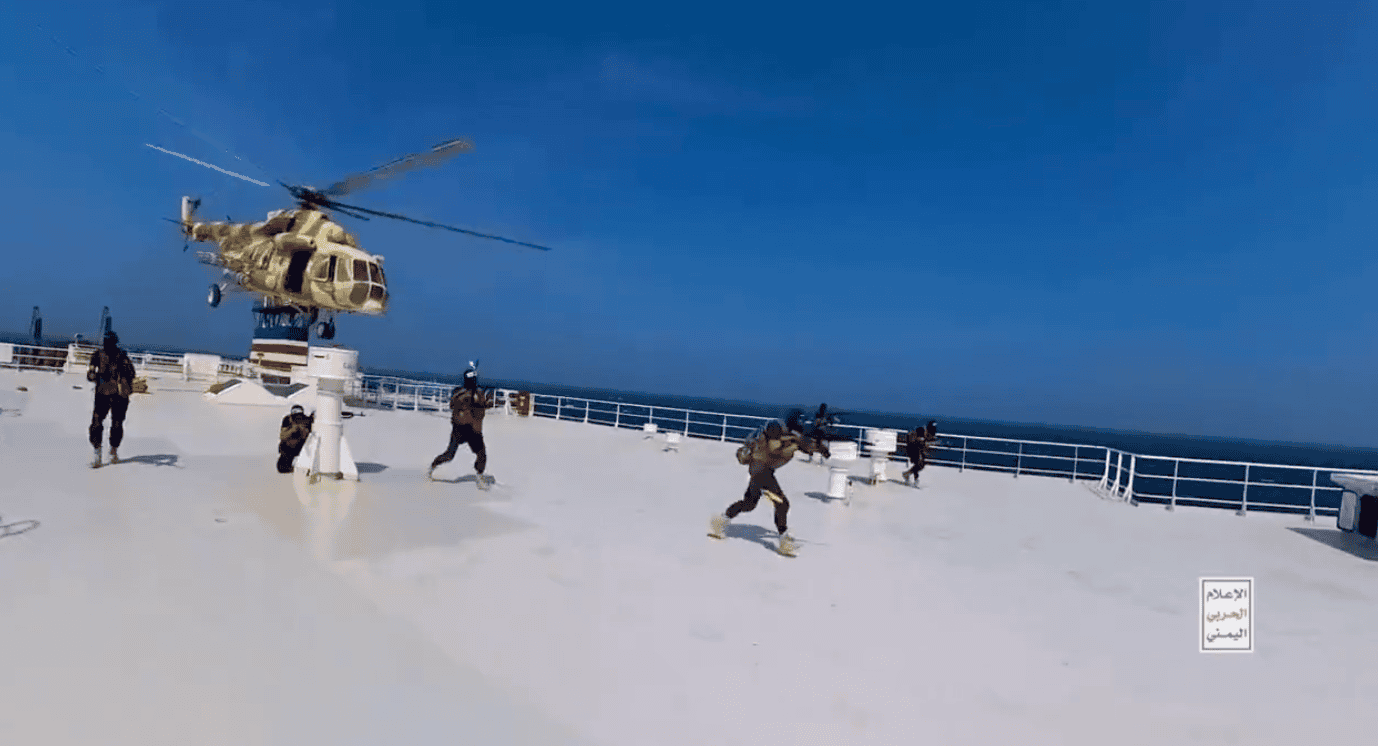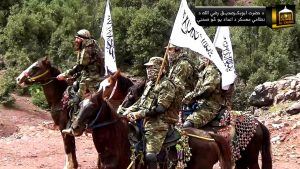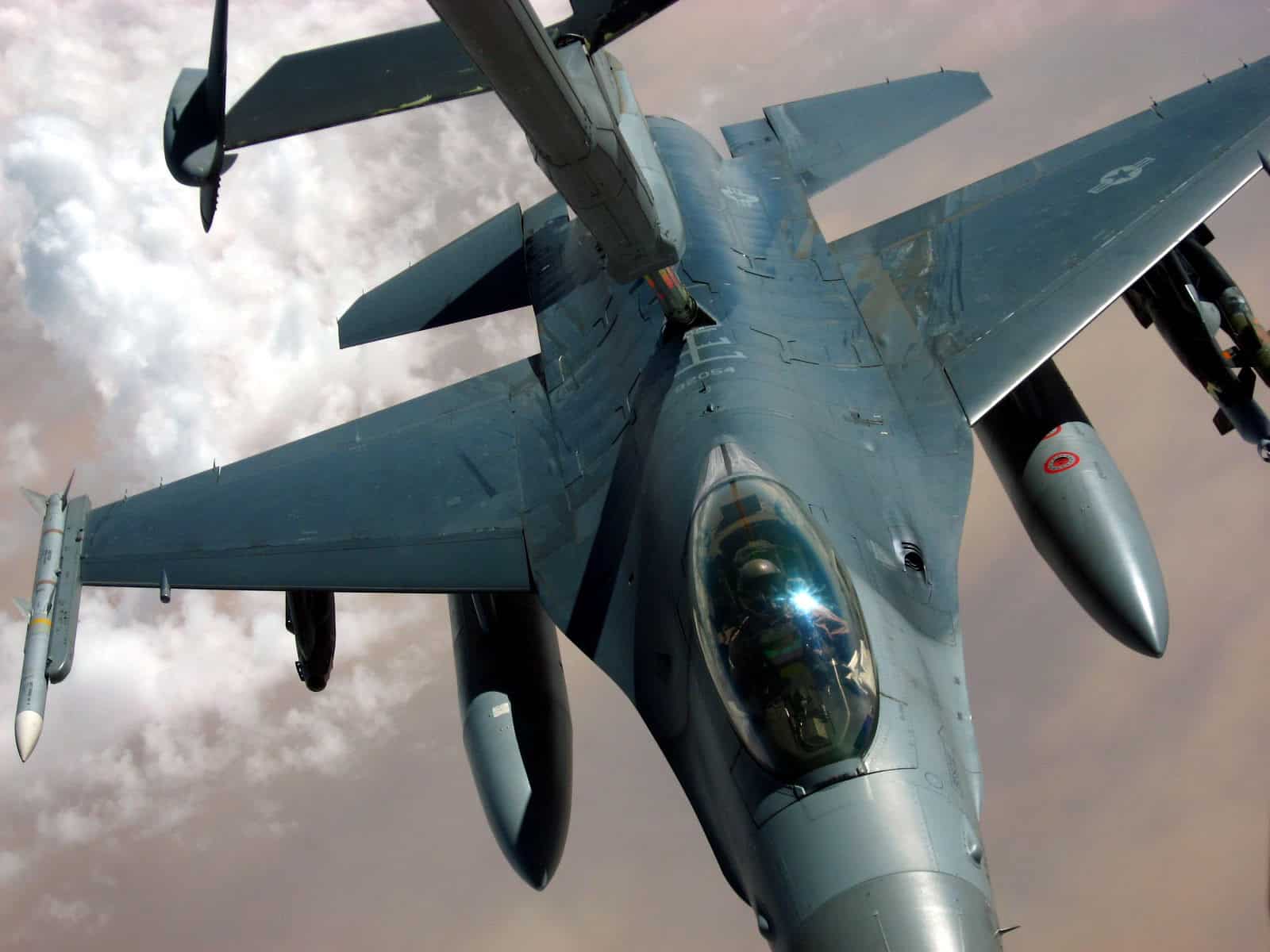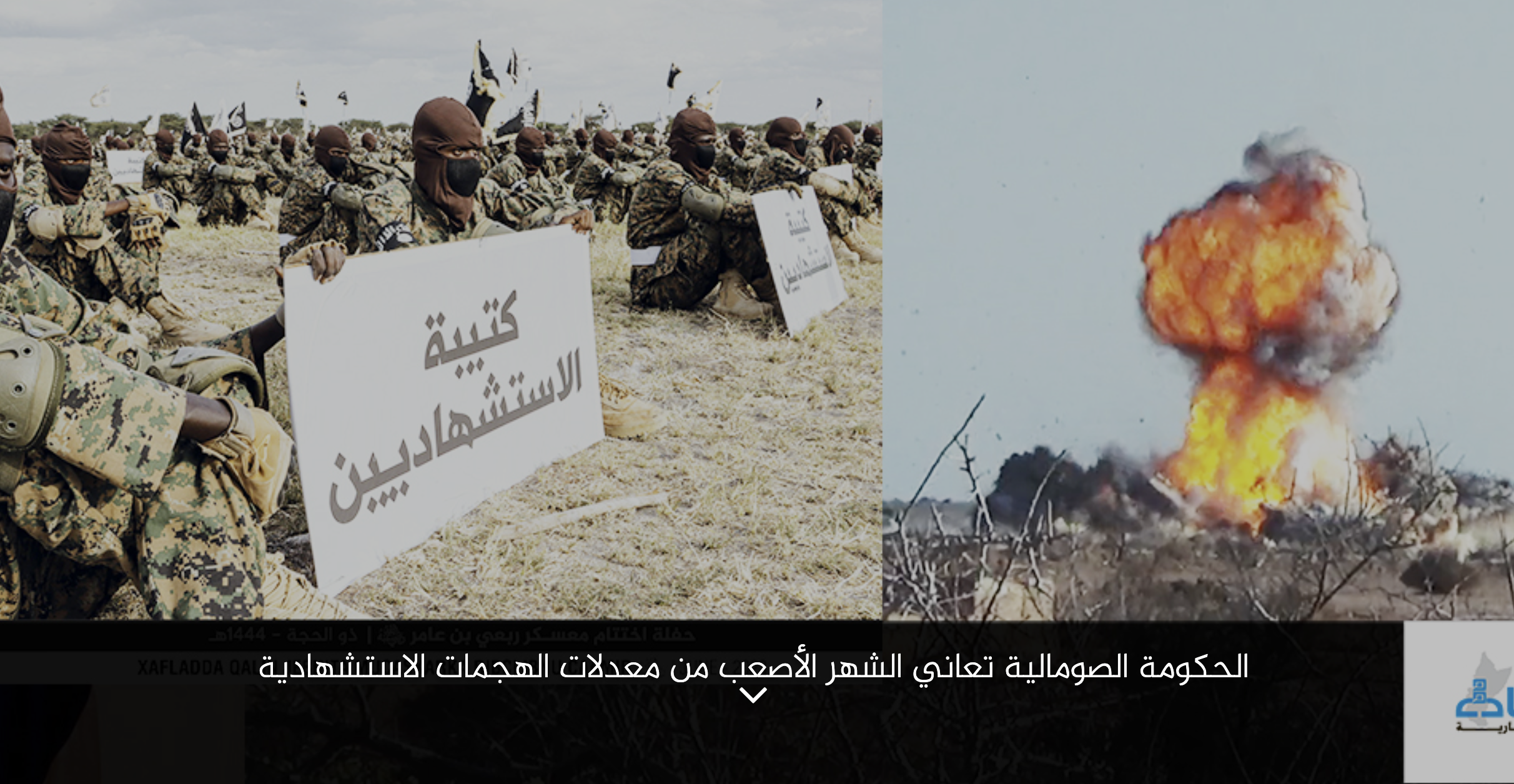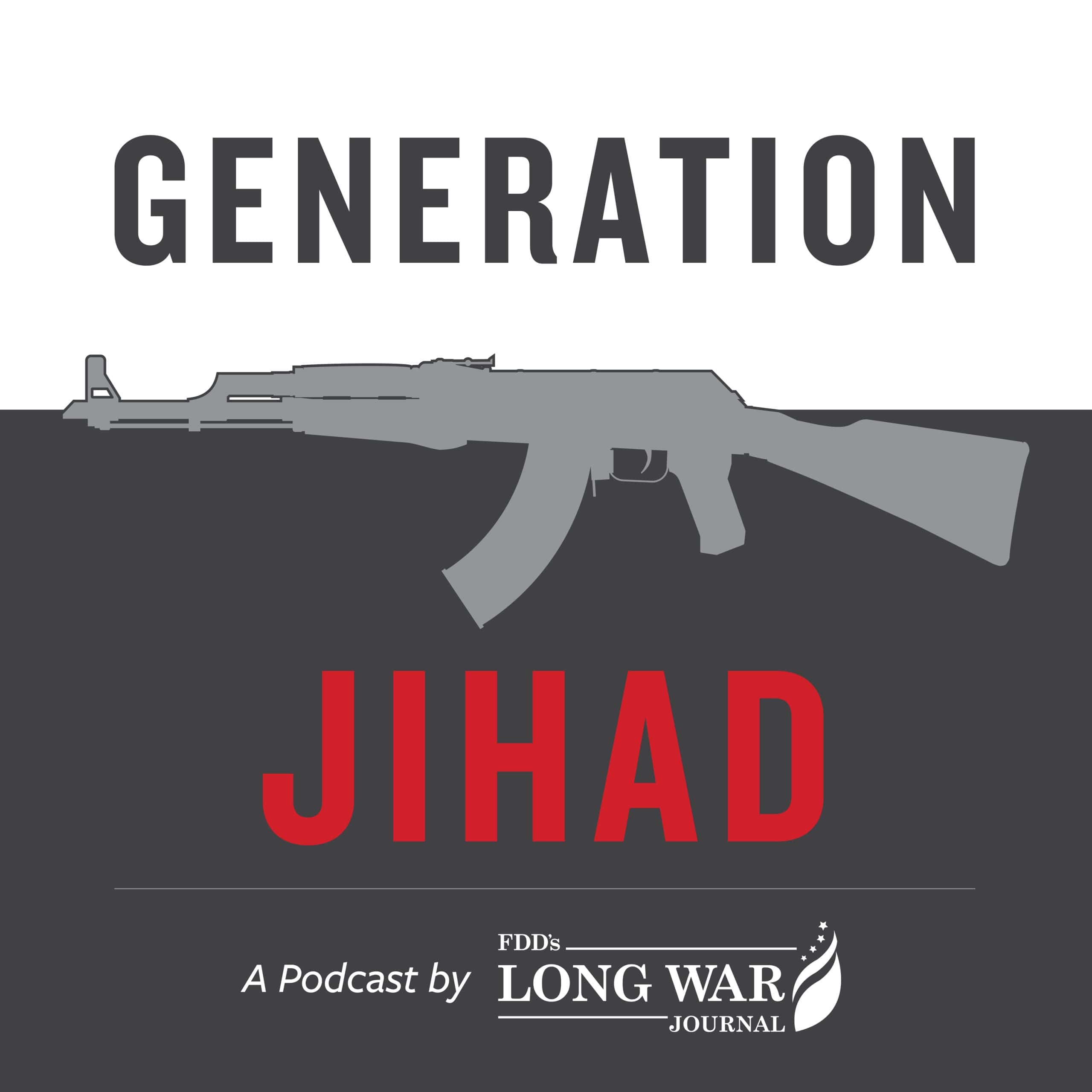
Generation Jihad Ep. 190 — Partnering with terrorists to fight terrorists
The UN Analytical Support and Sanctions Monitoring Team has released its latest report on Afghanistan and the myriad of jihadist activity therein. To discuss, Bill is joined by former director of this team at the UN and longtime friend of the show Edmund Fitton-Brown. Edmund is now a senior advisor to the Counter Extremism Project and previously served as the UK’s ambassador to Yemen.


